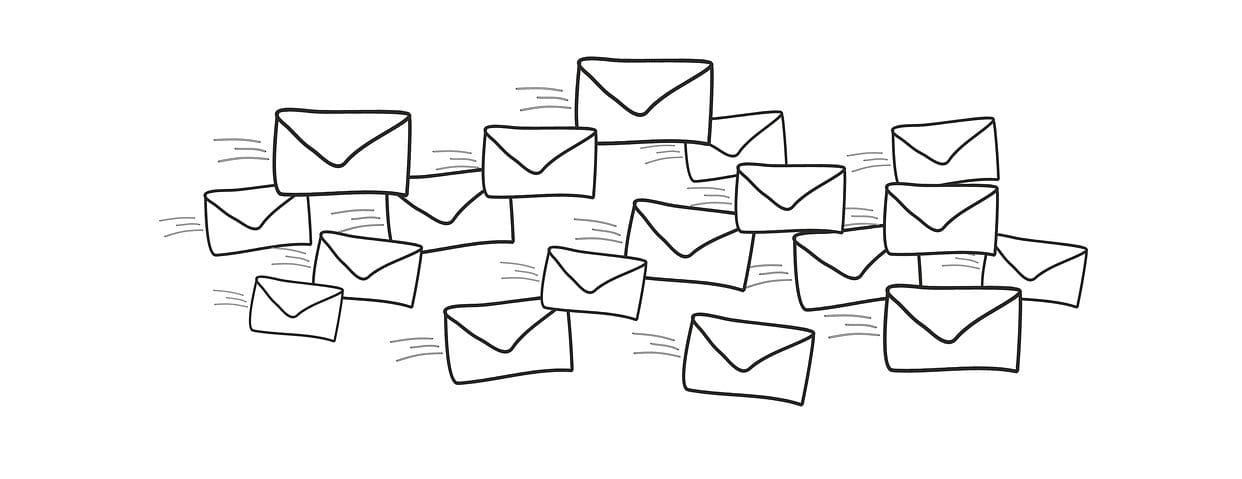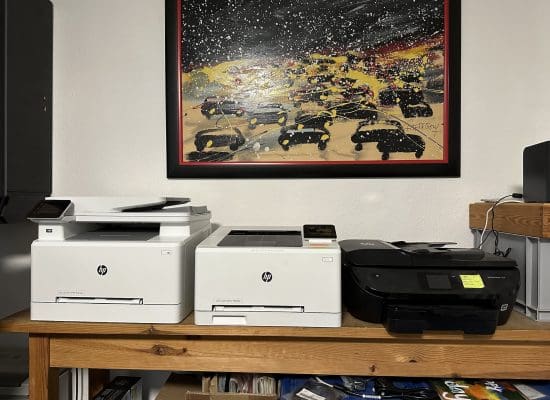Post photo: Flying envelopes | © Gerd Altmann on Pixabay
As early as the mid-1990s, most adults in the western world probably had their own email account, which was never intended by the original developers. Today, users mostly get these accounts from their employer or telephone company, some, especially younger people, simply use the Internet-based offers, and before you know it, you have more of your own e-mail accounts than you actually do can use sensibly.
Internet-savvy people in particular very quickly also used their own domains and thus their very own e-mail accounts and thus enriched the e-mail world enormously. There are also services that offer users temporary e-mail addresses for any occasion.
But that's not what this article is about at all, it's about how e-mail was misused from the start by using e-mail accounts and programs more and more for e-mail management and filing, which today even leads to some providers offering extra services, such as automatic and allegedly "legally" correct "perpetual" storage of all e-mails ever received and sent — which solely results in a huge waste of resources and energy.
At the same time, one should remember what one used to do with the letters, telegrams or faxes one received — and perhaps still does today. Very few of us have developed a filing system for this and maintained it for years. It was mostly love letters that disappeared bundled into drawers and made the heirs smile decades later. Some of these collected letters even made it into literary archives, such as the one in Marbach am Neckar.
So, why would you want or need to save every email you send or receive — some even save the never-sent drafts — to your inbox today and save it for eternity? The 2 GB of storage space reserved for a normal mailbox is already barely enough, and storage space is now being reserved that has far exceeded every conceivable measure. The reason for this could be that many use their e-mail programs as egg-laying wool milk pigs and in this regard have no qualms about storing and passing on their very personal data or other secrets and very own ideas, not to mention trade secrets.
It would be so easy to check the relevance of sent and received e-mails and, if necessary, as a separate file in one note box or another suitable storage place. And if you then have the courage to delete irrelevant e-mails right away, it could well happen that your own work can be done in a much more relaxed and, above all, better organized way. I am firmly convinced that with appropriate personal information management, one's own work can be carried out much more efficiently and ultimately more effectively. This little trick also saves you one or the other consultant and the purchase of countless management books or online courses.
"You are going to be doing a lot of writing. Do it well. Phone calls and hangouts don't scale. Face-to-face is expensive for distributed groups and therefore rare. Real-time tools like IRC and Slack disadvantage people in minority time zones. And so, in an online community, your main way to communicate is likely going to be email. Which means you need to be good at it. Take the time to write carefully, fully and precisely. And since text is going to do so much of your communicative heavy lifting, consider being a little more explicit about emotional signal-sending than you might be otherwise. ("I am happy...", "it is sad...", "I am grateful.")."
Sue Gardner, A little guide to working with online communities (March 21, 2016)







